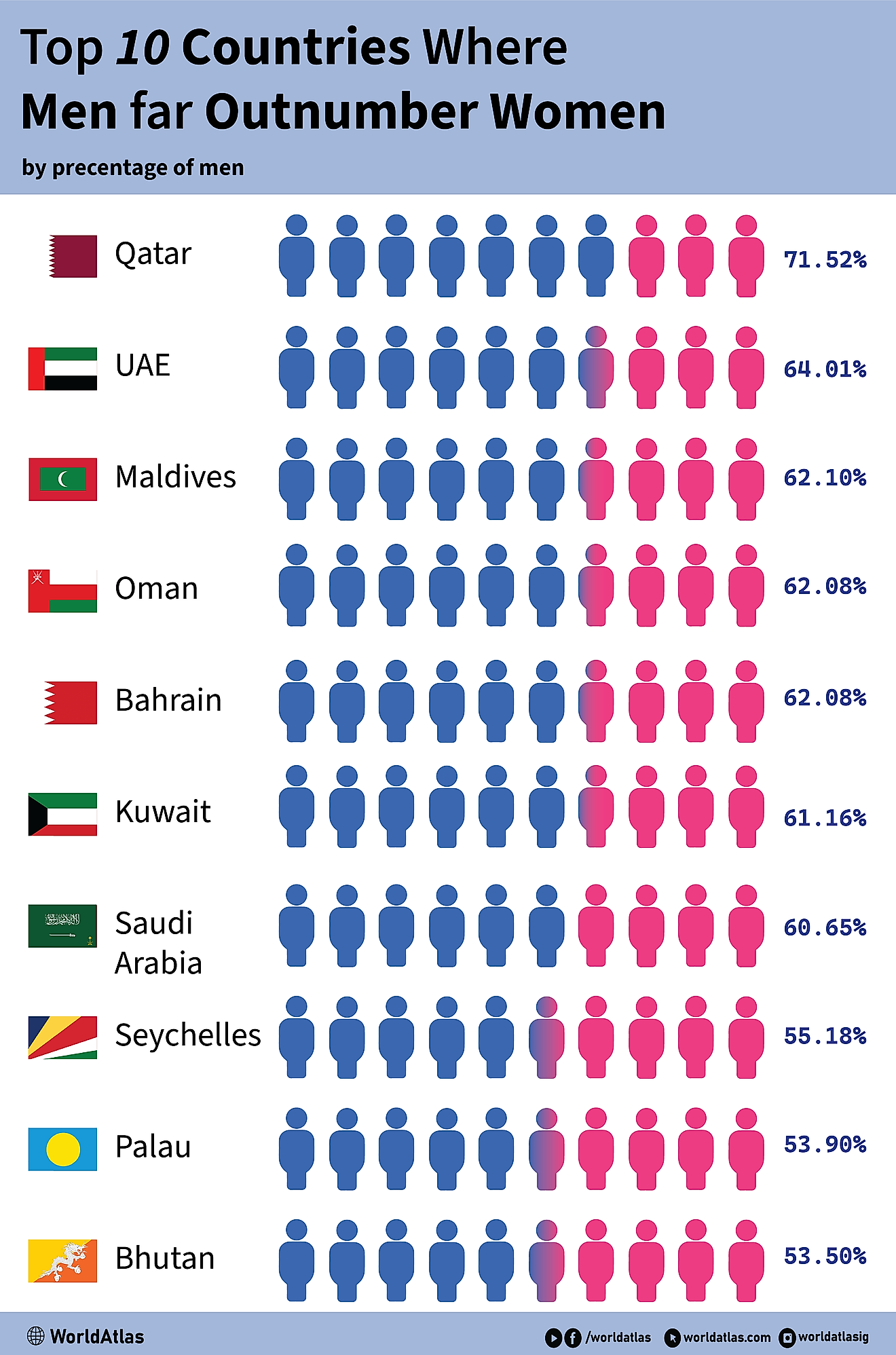Who Was Leonardo da Vinci?

Famous Artists: Leonardo da Vinci
Leonardo di ser Piero da Vinci (1452-1519) was a multitalented Italian painter, inventor, architect, scientist, mathematician, engineer, anatomist, sculptor, musician, and writer. People referred to Leonardo as a “Renaissance man” due to his in-depth grasp of many disciplines, imagination, deep curiosity, and ability to self-educate. During his time, people often described Leonardo as being superhuman and mysterious. He believed science and art complemented each other. Leonardo failed to complete most of his projects and writings, a factor attributed to his diverse interests instead of focusing on one line of thought. Many of his completed works, however, were too complex for ordinary people to understand. Leonardo da Vinci’s life has been a subject of many books, films, songs, and conspiracy theories.
Personal Life
Leonardo was born on April 15, 1452, in the town of Vinci. He was the son of Messer Piero Fruosino di Antonio da Vinci (an attorney) and Caterina (a peasant). As an infant, Leonardo lived with his mother and relocated to live with his father in Vinci at the age of five years. He had a total of seventeen half brothers and sisters from two of his father’s four marriages and his mother’s children. During his informal education period, he studied geometry and mathematics. As a teenager, Leonardo’s father seconded him for an apprentice with Andrea del Verrocchio, a painter and sculptor. By 1472, Leonardo had become a master in his own works and diversified his expertise. Leonardo was a private man who did not have close or intimate relationships with women. This factor led to constant speculation about his sexuality especially after his Sodomy accusation did not result into conviction in 1478.
Leonardo’s Famous Works and Inventions
People largely knew Leonardo known as a painter despite the success he had in other disciplines as well. His most famous paintings are rich in creative lighting, expression of emotions, and the use of the human form figuratively in the compositions. The most famous paintings and drawings are the Mona Lisa, the Last Supper, and the Virgin of the Rocks, and Baptism of Christ that he worked on together with Verrocchio. Other paintings include the Virgin Mary, Virgin and Child with St. Anne, The Annunciation, Madonna of the Carnation, Ginevra de’ Benci, The Adoration of the Magi (Unfinished), St. Jerome in the Wilderness (Unfinished), Portrait of a Musician (Unfinished), Lady with an Ermine, and St. John the Baptist among others. Leonardo wrote journals, notes and made drawings that reflected his wide range of ideas. The most notable of this collection is the Vitruvian Man. Leonardo was a master of topographic anatomy evidenced in his many published and unpublished works detailing the human skeleton, muscles, the heart, sex organs, and sinews. His studies also explored human emotions, expression, and aging. In engineering, he wrote about a flying machine and aerodynamics in the Codex on the Flight of Birds, hydraulic pumps, music instruments, bridges, the parachute among others.
The Legacy of Leonardo da Vinci
Leonardo was famous during his life and even more after death because of the interest his works attracted. Many of his inventions that were seemingly impossible proved to be possible over time. Historians and artists admire and pay tribute to Leonardo through sculptures, films, books, and other art forms. In 2011, the International Mineral Association named Davinciite mineral in his honor. His ability to write forward with one hand and backwards with his second hand creating a mirror like appearance, is still a subject of discussion to date. In 1519 at the age of 67 years, Leonardo Da Vinci died and was buried in Florence.











